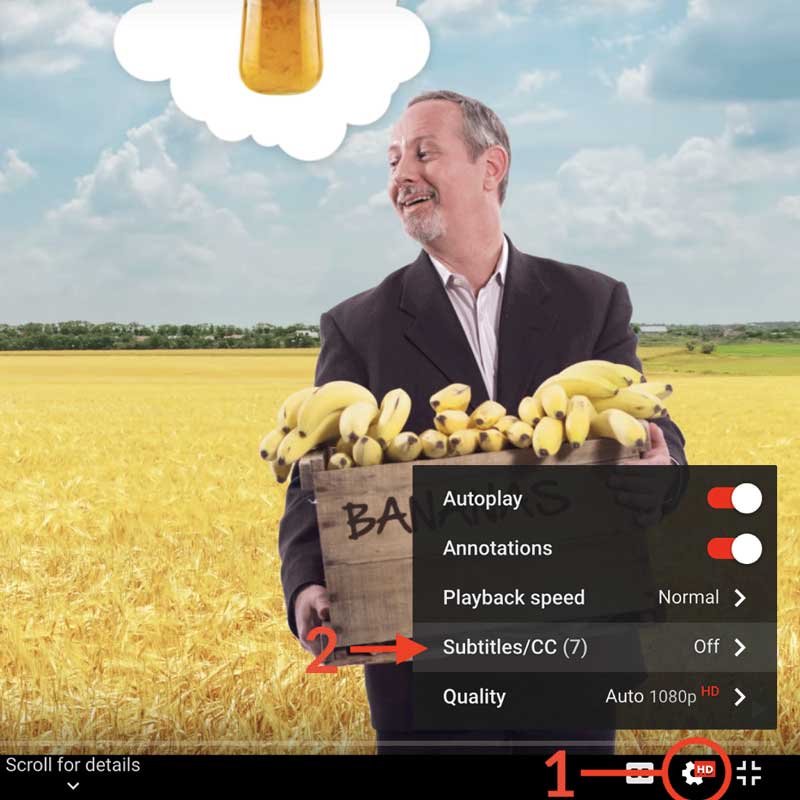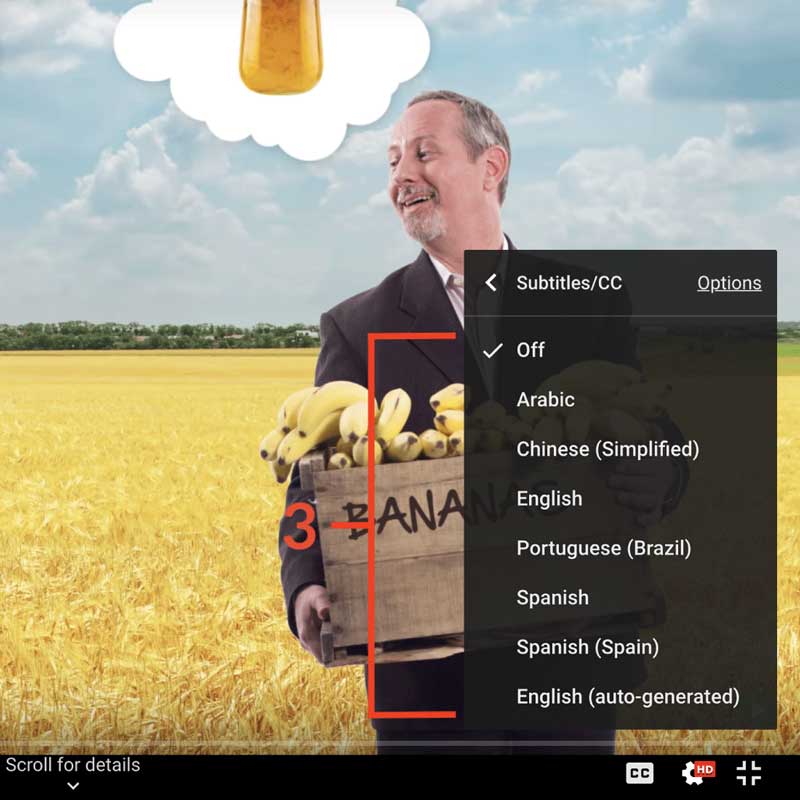Moral Hazard
Course Outline
Moral Hazard
Imagine you take your car in to the shop for routine service and the mechanic says you need a number of repairs. Do you really need them? The mechanic certainly knows more about car repair than you do, but it’s hard to tell whether he’s correct or even telling the truth. You certainly don’t want to pay for repairs you don’t need. Sometimes, when one party has an information advantage, they may have an incentive to exploit the other party. This type of exploitation is called moral hazard, and can happen in many situations — a taxi driver who takes the “long route” to get a higher fare from a tourist, for example. In this video, we cover moral hazard and what is known as the principal-agent problem.
Teacher Resources
Related to this course
See all Teacher Resources related to this course
Transcript
Previously, we discussed asymmetric information and how that can cause adverse selection in markets. In this video, we'll tackle how asymmetric information can lead to moral hazard.
Let's start with an example. Imagine you're buying a bottle of water. You probably have a pretty good idea of what you're getting, H2O, especially if you've bought the same brand of water before. The information that the seller and the buyer have is pretty close to equal. But things get more complicated if you're dealing with something like repairing your car. The mechanics says you need a Johnson rod. Do you? Do you even know what a Johnson rod is? The mechanic knows a lot more about car repair than you do, and that makes it hard to know whether the mechanic is correct or even telling the truth. You might end up paying a lot of money for car repairs you don't really need. This is another example of asymmetric information where one party to an exchange has more or better information than the other party has.
As we'll see, asymmetric information can challenge markets and sometimes cause them to fail. When one party to an exchange has an information advantage, they may have an incentive to use that advantage to exploit the other party, and that temptation to exploit is called moral hazard. The car repair problem is just one example of asymmetric information and moral hazard. A taxi driver has more information about the roads than does a tourist. He may take a longer route in order to get a higher fare. A restaurant owner knows more about the safety of his restaurant than does his insurance company. He might choose to skimp on sprinklers if he's got fire insurance. An employee knows what he's been working on all day whereas the manager maybe does not. The employee might choose to goof off rather than do his job.
These examples highlight a concept called the principal-agent problem. Often when you hire someone, that person has more information than you do. Indeed, that's often why you pay to hire them. In the case of your car, you are the principal and the mechanic is your agent. Your incentive is to get your car fixed and not waste too much money. His incentive might be to get as much money out of you as possible. Given that he has information about cars that you don't, he can lie to charge more. In this case there are conflicting incentives, and you don't have the information to know a good deal from a bad deal. Ideally, you would like to align the incentives of the mechanic with yours, so you don't get swindled. That is at least, in principle, how you can solve a principal-agent problem. No one likes to be ripped off, but the problem of moral hazard runs deeper than just the rip-off.
The bigger problem is that the potential for a rip-off means that a transaction maybe less likely to occur in the first place. If you know the mechanic may recommend more service than is necessary, you might, for instance, pass on some recommended precautionary repairs and just wait until your car breaks down. Of course, that can be inefficient. You’d prefer to perform that preventive maintenance and not break down unexpectedly. But because of asymmetric information, you can't trust your agent, the mechanic, and so you pass on those repairs for fear of being ripped-off.
So we can see that asymmetric information can impede trade and limit the great benefits of specialization through markets. So what can we do? Well, take a moment to think about this, and perhaps you can anticipate some of the solutions we'll discuss in the next video.
Subtitles
- English
- Spanish
- Chinese
- Hindi
- French
- Arabic
Thanks to our awesome community of subtitle contributors, individual videos in this course might have additional languages. More info below on how to see which languages are available (and how to contribute more!).
How to turn on captions and select a language:
- Click the settings icon (⚙) at the bottom of the video screen.
- Click Subtitles/CC.
- Select a language.


Contribute Translations!
Join the team and help us provide world-class economics education to everyone, everywhere for free! You can also reach out to us at [email protected] for more info.
Submit subtitles
Accessibility
We aim to make our content accessible to users around the world with varying needs and circumstances.
Currently we provide:
- A website built to the W3C Web Accessibility standards
- Subtitles and transcripts for our most popular content
- Video files for download
Are we missing something? Please let us know at [email protected]
Creative Commons

This work is licensed under a Creative Commons Attribution-NoDerivatives 4.0 International License.
The third party material as seen in this video is subject to third party copyright and is used here pursuant
to the fair use doctrine as stipulated in Section 107 of the Copyright Act. We grant no rights and make no
warranties with regard to the third party material depicted in the video and your use of this video may
require additional clearances and licenses. We advise consulting with clearance counsel before relying
on the fair use doctrine.

